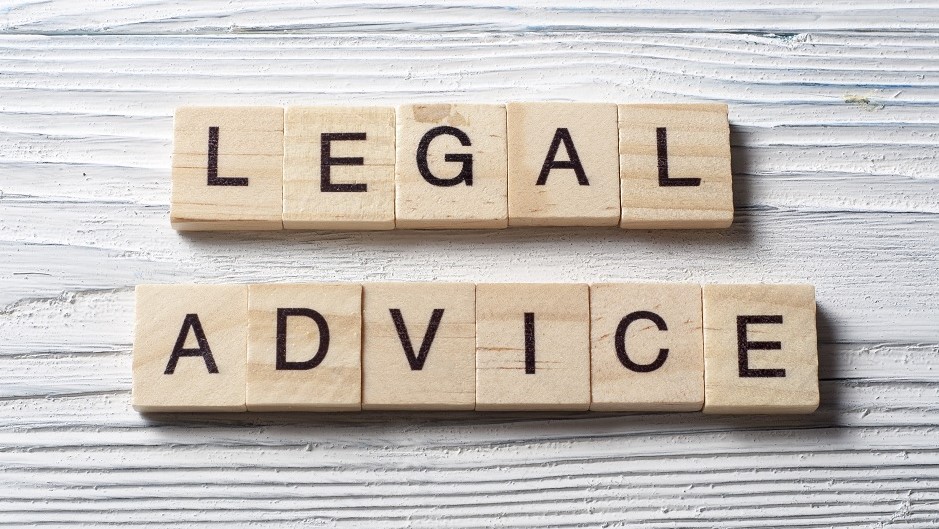Partner Lucy Greenwood offers practical advice and guidance in this article, for those looking for legal relationship advice as we ease out of lockdown.
Coming out of lockdown for those who are lonely in their relationships
As the lockdown measures gradually ease, we all are transitioning into a new ‘normal’ way of life. During the past 2 months or so, most couples have lived in close proximity for longer than ever before. Some families have loved it, but some couples have found it to be a very difficult and challenging time. Some relationships have become stronger, but many have grown more distant.
For many couples wanting to preserve their relationship, counselling can help them to work through their differences highlighted during the pandemic. For those who know that a separation is inevitable, they should seek information from a specialist family lawyer who can take them through all that a separation will entail, understanding their legal rights and how best to protect them. All too often, it is the fear of the unknown that causes anxiety and sadly, delay in doing so can be unhelpful.
There are many issues to consider, whether to separate or divorce, how the finances will be divided, urgent emergency measures that can be put in place as well as arrangements concerning the children.
Separation is always a very uncomfortable and personal subject to address and clear, confidential guidance is essential.
Practical steps prior to speaking to a family lawyer
Until we can meet in proximity safely with clients, most if not all, lawyers are arranging meetings with their clients by Zoom or an equivalent virtual facility. This is a new method of working for us but having done it for some months now, it does work and works well. It certainly saves travel time to the office for the client which in our age is so important.
Before meeting with a family lawyer, take time to think through the questions to raise. Do not be worried about writing them down. All solicitors are used to clients or wanting to work from a pre-prepared list of issues.
Consider with a family lawyer:
-
What has caused the belief that your relationship is coming to an end?
- Those aspects of separation which are of most concern?
- What arrangements will be best for any children
- The likely outcome in terms of dividing the assets of the marriage
- Where each party will live
- What support will be needed in terms of help with the children or finances
- The source of assets (for example, have any derived from before the couple met, family gifts or inheritance)
- Likely costs
A word of advice………
- Refrain from speaking with anyone other than someone that can be trusted implicitly about the likely steps to be taken regarding terminating the relationship
- Refrain from asking someone who has gone through a divorce what will happen. They cannot advise on this as their insight will be based on their own level of assets and personal circumstances. Everyone’s relationship breakdown presents a unique set of issues. Rely on independent professionals for legal advice
- Gather what is known about the finances of the family but do not access a computer belonging to the partner or take financial documents belonging to them. Such documentation is inadmissible evidence and is in many cases illegal. It is also sensible not to ask the couples joint advisers for this information
- Know where the marriage or civil partnership certificate is located
- Locate a copy of any relationship agreements (e.g. cohabitation, pre-nuptial, post-nuptial agreements)
- If the marriage or civil partnership ceremony took place abroad, it is important to tell a family lawyer about any legal documentation or arrangements about the division of assets discussed prior to the wedding ceremony in that other country
- Prepare a budget of likely future expenses for the family
- Consider what alternative accommodation might be appropriate for both parties, factoring in where any children might stay/reside
- Consider how legal fees might be paid. Access to a family lawyer is an essential part of a budget during separation and divorce and this is recognised by the courts and judges. If no funds are available, consider whether a third-party could help or lend money for this purpose, but make those loans as formal as possible as many loans from families are considered to be soft loans in that they are not given on the basis that the money will ever be returned. So, document them.
If this seems too onerous, just call a specialist family lawyer, and make an appointment. A good family lawyer will arrange a meeting at short notice and will quickly be able to advise on what to expect and how and when to move on to the next stage in the process. Even though the lawyer will not have a magic wand they can still help empower you with knowledge and confidence.
For international families, huge care is needed in respect of tactical planning and timing as issues like the examples given below need to be considered and time given for any appropriate protective measures to be implemented:
- The residence, nationality, domicile, or citizenship of the family
- Complex asset structures (where perhaps most assets are held offshore or in trusts)
- Where a large percentage of wealth can be unilaterally liquidated and quickly by one party in the relationship without notice to the other
- If extended family members are re-organising their future wealth management, tax planning, including dissipating assets amongst younger generations
- If a permanent move abroad with the children is being considered
- If there is any future event which might impact finances e.g. retirement
Specialist family lawyers will not just provide court-based options for resolving matters. A far less confrontational, more conciliatory, and private approach is commonly possible, albeit the timing for starting that process can be crucially important.
Even a couple of hours or so of advice from a specialist family lawyer may prove invaluable, regarding tactical planning, timings, and outcomes. Such advice is confidential and will remain so even if the couple ultimately decide to stay with their other half. Having said this, huge care should be taken not to pay for any consultation from a joint account, or any account to which their partner has access. Similarly, emails should not be sent from a communal email address with a password that is known to both parties.
Lucy Greenwood
[email protected]
The International Family Law Group LLP
www.iflg.uk.com
© June 2020
- Lucy Greenwoodhttps://iflg.uk.com/team/lucy-greenwood
- Lucy Greenwoodhttps://iflg.uk.com/team/lucy-greenwood
- Lucy Greenwoodhttps://iflg.uk.com/team/lucy-greenwood
- Lucy Greenwoodhttps://iflg.uk.com/team/lucy-greenwood











